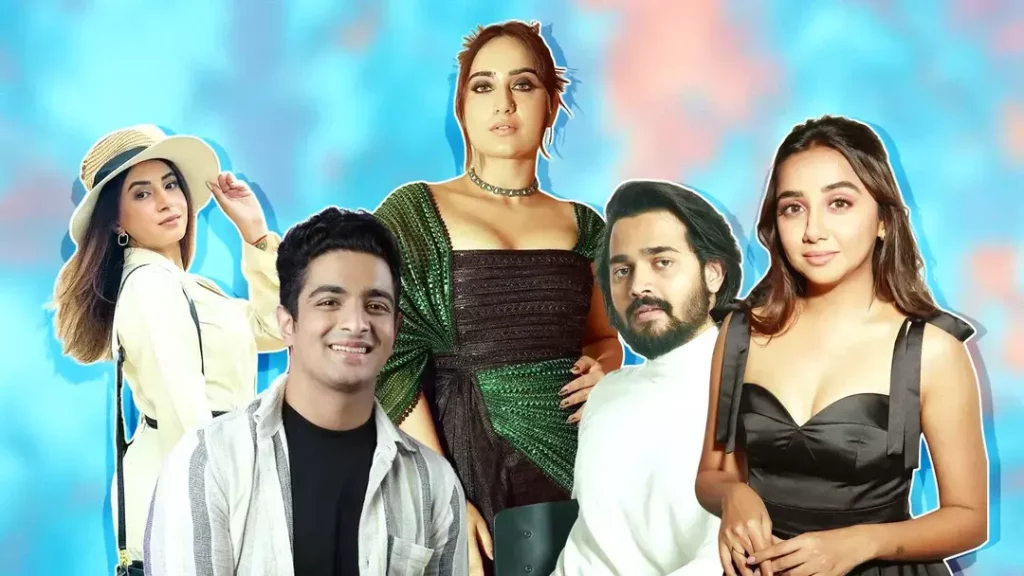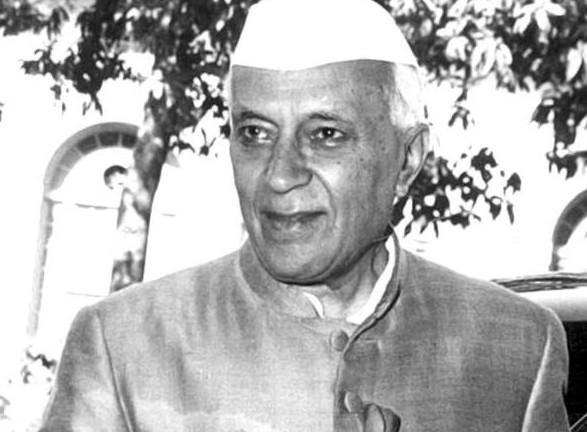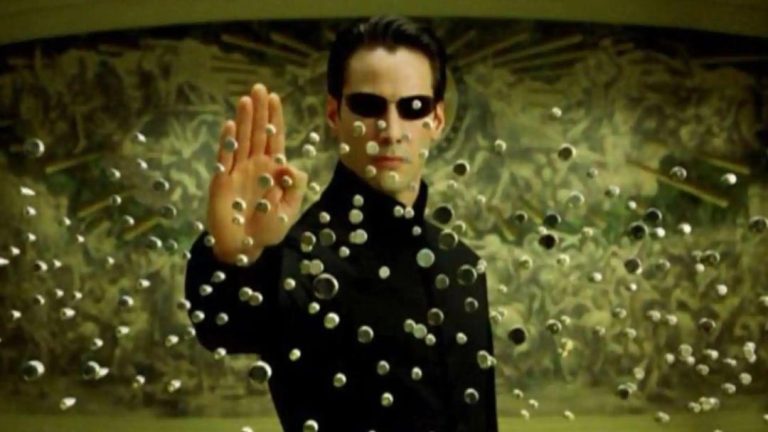
Why are influencers taking over your screens?
In the past decade, the rise of digital influencers has been nothing short of meteoric. From humble beginnings on social media platforms to becoming household names, influencers like CarryMinati, Bhuvan Bam, and Prajakta Koli have not only carved out their own niches but have also disrupted the traditional entertainment landscape. With their massive followings and engagement rates, influencers are now being courted by mainstream entertainment platforms, and some are even taking the leap to become entrepreneurs and creative leaders.
But why are influencers taking over our screens? What’s behind this sudden shift in the way we consume entertainment? And what does this mean for the traditional entertainment industry?
To understand the phenomenon, we need to take a step back and examine the evolution of digital influencers.
The Rise of Influencers
In the early days of social media, influencers were seen as niche experts in specific areas, such as beauty, fashion, or gaming. They built their followings by consistently creating content that resonated with their audience. As social media platforms grew in popularity, influencers began to migrate to YouTube, where they could create more in-depth content, such as vlogs, tutorials, and reviews.
The early days of YouTube were marked by a proliferation of amateur creators, often with little to no training or experience in filmmaking. However, this lack of traditional experience actually worked in their favor. Influencers were unencumbered by the constraints of traditional broadcasting, and they were free to experiment with new formats, styles, and storytelling techniques.
As YouTube grew, so did the influence (pun intended) of its top creators. They began to attract mainstream attention, and soon, brands were clamoring to partner with them. The influencer marketing industry was born, with influencers becoming a key component of many brands’ marketing strategies.
The Rise of Digital Content
The proliferation of digital content has been a game-changer for influencers. With the advent of platforms like TikTok, Instagram Reels, and YouTube Shorts, influencers can now create bite-sized content that is specifically designed for mobile devices.
This shift has also changed the way we consume content. Gone are the days of watching hour-long TV shows or waiting for the release of a new movie. Now, we can consume content in short, easily digestible chunks, whenever and wherever we want.
For influencers, this has opened up new opportunities. They can now create content that is more frequent, more varied, and more engaging. They can also experiment with new formats, such as live streaming, podcasts, and even virtual reality experiences.
The Rise of Influencer-Driven Entertainment
As influencers have grown in popularity, they have begun to leveraged their reach to create their own entertainment content. From music videos to web series, influencers are now creating their own shows and films.
Take CarryMinati, for example. With over 20 million followers on YouTube, he has leveraged his massive following to create his own web series, “Attitude Girl”, which has become a huge hit among his fans. Similarly, Bhuvan Bam, the creator of the popular comedy show “BB Ki Vines”, has leveraged his reach to create his own music label, Desi Music Factory.
Prajakta Koli, another popular influencer, has taken the leap to become a full-fledged entrepreneur. She has co-founded a production house, lessmonsquared, which focuses on creating content for digital platforms.
The Rise of Influencer-Driven Entrepreneurship
As influencers have grown in popularity, they have begun to leveraged their reach to create their own businesses. From fashion lines to food brands, influencers are now creating their own products and services.
Take, for example, the case of Aashish Chaudhary, who created a successful fashion brand, “The Art of Being”, after leveraging his influencer following. Similarly, the popular fitness influencer, Sahil Khan, has created a successful chain of gyms, “Ultimate Fitness”, after leveraging his reach.
This shift towards influencer-driven entrepreneurship is a powerful cultural shift that favors audience pull over traditional experience. It’s a shift that recognizes the value of individuality and creativity, and rewards those who are willing to take risks and push boundaries.
Conclusion
The rise of influencers is not just a passing trend; it’s a fundamental shift in the way we consume entertainment. As influencers continue to grow in popularity, they will continue to shape the entertainment landscape, creating new content, new formats, and new business models.
For traditional entertainment platforms, this shift presents a challenge. They will need to adapt to the changing landscape, embracing new formats, new creators, and new audiences. For brands, this shift presents an opportunity. They can now partner with influencers to reach new audiences, create new content, and build new relationships.
As we look to the future, one thing is clear: influencers are here to stay. And as they continue to take over our screens, we can expect to see a new era of creativity, innovation, and entrepreneurship.
News Source:
https://ascendants.in/business-stories/influencers-movies-shows-entrepreneurs/






